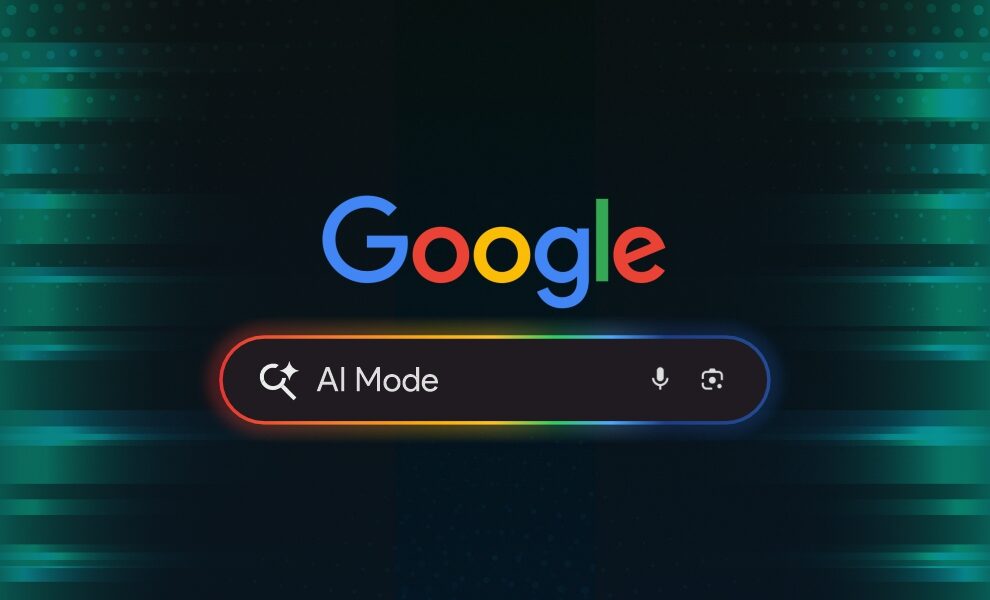Google’s trajectory toward making an AI-powered search experience the default is signaling a profound and imminent transformation in the digital landscape. This move, which some are calling “AI Mode,” is set to fundamentally reshape how brands gain online visibility, drive traffic, and build consumer trust.
The conversation gained significant traction after Logan Kilpatrick, Google’s lead product manager for AI products, suggested on X (formerly Twitter) that an “AI Mode” would become the search default “soon,” a statement he later re-clarified. This potential shift, given that Google’s current AI search experiences already boast over 100 million monthly active users, according to the company, raises critical questions for the multi-billion-dollar Search Engine Optimization (SEO) industry.
AI Overviews vs. AI Mode: A Crucial Distinction
It is important to differentiate between Google’s existing AI features:
- AI Overviews (AIOs): These are short, AI-generated summaries that appear above traditional search results for certain queries. They aim to provide quick, concise answers, which has already led to a noticeable reduction in user clicks and subsequent traffic to brand websites.
- AI Mode: This is a more advanced, interactive, and conversational search experience that may ultimately replace the standard search results page. Designed to handle complex, multi-step, or open-ended questions, AI Mode provides comprehensive, AI-powered responses, encouraging users to remain within the Google interface for follow-up and deeper learning.
The Impact of a Default AI Mode
Should AI Mode become the standard for Google Search, the impact on organic traffic and brand strategy would be substantial:
- Decline in Organic Traffic: As AI Mode provides direct, comprehensive answers, users will have less need to click through to external websites. This continues the “zero-click” trend already exacerbated by AI Overviews, further reducing organic traffic for many brands.
- A Shift to Paid Visibility: The current AI Mode interface has limited monetization, but this is rapidly changing. Liz Reid, Google’s Head of Search, has shared the company’s approach to integrating its multi-billion-dollar ad business (which brought in $264.59 billion in 2024, per Statista) into the new AI paradigm.
- Ads are beginning to roll out in AI Mode, with a focus on high quality and relevance.
- Since AI Mode queries are reportedly 2x to 3x longer than traditional searches, this provides Google with better context for highly targeted advertising.
- Brands capable of leveraging paid results in this new format will gain a significant advantage, potentially leaving traditional SEO-only strategies behind.
Redefining SEO: From Clicks to Citation
The shift fundamentally alters how digital success is measured:
| Traditional SEO Metric | New AI Search Focus | Implication for Brands |
| Keyword Rankings | Brand Visibility & Relevance | Success depends on being cited as an authoritative source in AI answers. |
| Click-Through Rate (CTR) | AI Citations & Brand Mentions | Traffic-focused metrics become less useful; new metrics for brand authority are needed. |
| Web Analytics | Multi-Platform Presence | Tracking the customer journey becomes harder as interaction stays in the AI interface. |
Furthermore, brands face a loss of control over their narrative. Since AI Overviews and AI Mode synthesize information from various online sources (reviews, social signals, local listings), inconsistent or poorly managed brand information risks an inaccurate representation by the AI across the web.
The Looming Browser War
The possibility of a full AI Mode default also hints at a major evolution for Google Chrome. Deep integration with Google’s Gemini and other AI capabilities could transform Chrome from a passive browsing tool into a proactive, intelligent assistant.
This push is timely, as competitors like ChatGPT Atlas, an AI-first browser now available on macOS, directly challenge Chrome’s dominance by centering the web experience around a powerful, agentic AI assistant. With reports from eMarketer indicating that Gemini is growing its user base faster than ChatGPT, the race to own the next-generation browsing experience is intensifying.
Brands Must Adapt: The Path Forward
If Google fully commits to AI Mode as the default, brand survival and growth will require an immediate strategic pivot:
- Test AI Paid Ads: Allocate budget to experiment with AI paid advertising in the new interface to understand its ROI and impact as the feature rolls out.
- Optimize Conversion Funnels: Since clicks will be more valuable, ensure conversion processes and user experience on your site are frictionless.
- Establish Multi-Platform Authority: Be present with quality content everywhere your audience is, including platforms like Reddit, Quora, YouTube, OpenAI, and Perplexity.
- Content for AI Overviews (AIO): Continue to produce high-quality, authoritative content that is well-structured, easy for AI to understand, and directly answers complex user questions.
The AI-powered search shift is no longer a future concept; it is an active reality rapidly gaining traction. Brands that adapt early by prioritizing authority, AI citations, and paid visibility in the new ecosystem will position themselves as market leaders, while those that delay risk losing crucial visibility, traffic, and relevance.

